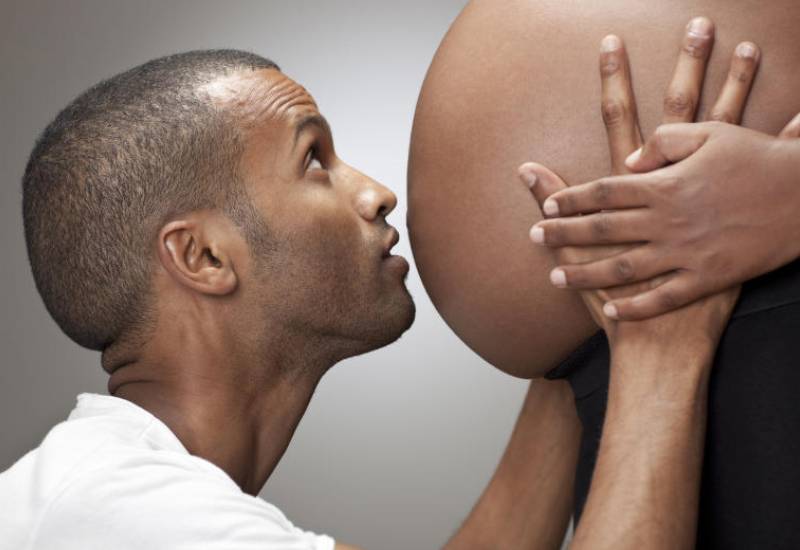
You may have missed the news item just before the onset of the global pandemic in 2019. Bradley Beal, an NBA player for the Washington Wizards had gone public about his shame and mental torture due to his food cravings and weight gain during his wife’s pregnancy.
“I was up at 3 or 4 am eating ice cream when I should not have been eating ice cream,” he told American television station NBC. “That is all because Momma was pregnant and I had the same symptoms.”
Strange? Perhaps, but it does happen. It is known as the couvade syndrome, a condition where a prospective father goes through symptoms similar to those of his pregnant partner. Many men with expectant partners might be going through this condition without realising it.
Facts First
This story continues on The Standard INSiDER. Subscribe now for unfiltered journalism that holds power to account.
Already have an account? Login
 The Standard Group Plc is a multi-media organization with investments in media
platforms spanning newspaper print
operations, television, radio broadcasting, digital and online services. The
Standard Group is recognized as a
leading multi-media house in Kenya with a key influence in matters of national
and international interest.
The Standard Group Plc is a multi-media organization with investments in media
platforms spanning newspaper print
operations, television, radio broadcasting, digital and online services. The
Standard Group is recognized as a
leading multi-media house in Kenya with a key influence in matters of national
and international interest.


